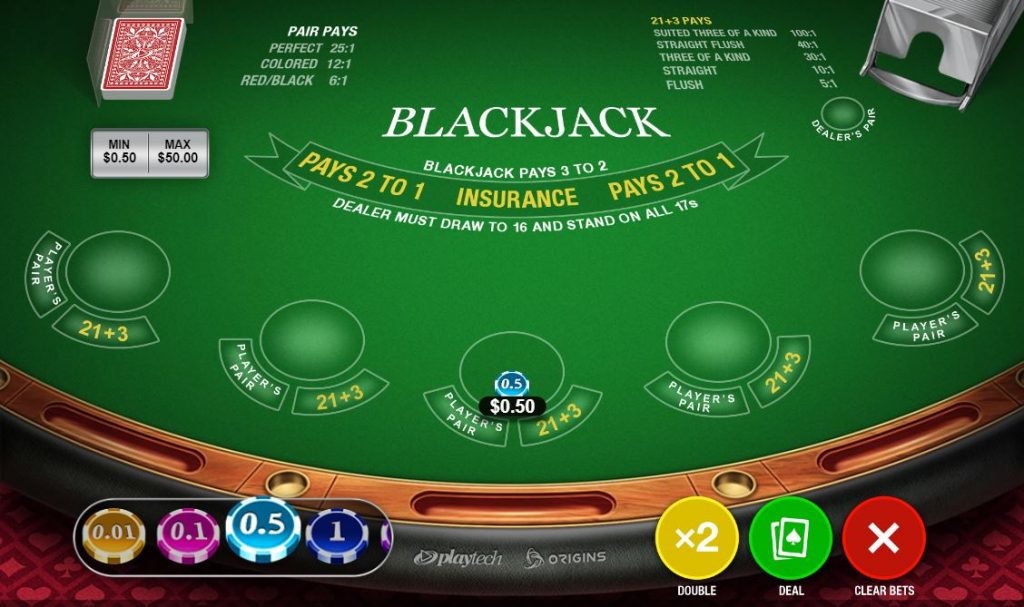Chess requires strategy, skill, and endurance. Stamina is thinking clearly under pressure. It is commonly understood that this is a mental sport that may be performed competitively or recreationally. However, training is essential to improve your chess skills. This article offers chess-improvement tips.
Mental agility and pattern recognition are greatly improved by chess problems. When players use patterns to attack, chess becomes difficult. They also improve your intuition and judgment, which is crucial when predicting your opponent’s next move. There are several online puzzle applications and websites for players of various skill levels. Some online gamers like this as a pastime just like online blackjack, while others want to compete with the professionals to show how much they’ve progressed.
Things to Improve or Learn Chess
There are always learning habits and patterns to form when playing or living on Earth. You should also consider your mental health since this game will test every part of your brain as you face off against your opponent in a 1 vs. 1 setting, and everything is quiet while you’re in the zone. This makes chess training tough and easy to make mistakes that might hinder your progress. Watch out for these chess learning traps:
Practice with endgame situations can help you understand the basics and strategies of chess. Everything is important now, and every action has pros and cons. Starting with easier endgame problems and progressing to harder ones is required. Studying basic endgame theory will improve your game understanding.
Reviewing your games is a great approach to discover your skills and flaws and make improvements. This is important since sometimes you make blunders you don’t see until you watch the whole game again. All matches include extra sheets, and online matches may be recorded. After thinking about what you may have done better after a game, you’ll realize you should always learn from your errors. Remember your errors and how you may have performed better. This self-reflection may enhance your decision-making.
Games like chess have welcoming communities that encourage challenges and test your expertise. Sometimes they educate you what went wrong, but other professionals demoralize you by making the conflict seem so easy you don’t realize you’re battling. There are always challenges and things to learn.
Studying opening tactics might give you an edge over your opponents since the opening is crucial. The opponent may try to set the tone straight early, but you know how to respond. Learn numerous openers and their principles. This may improve your opening repertoire and game type readiness.
Playing against different opponents with different styles can improve your game. Every card game, board game, and soccer game has difficult moves and requires teamwork. These games need a diversity of opponents; if you know what they’ll do and say, you won’t improve. Find lesser and stronger opponents to challenge yourself and improve. This lets you build more complex games.
Focusing on training and tracking progress without objectives is difficult. Make a strategy to achieve your goals after setting them. These objectives will keep you going, making this one of the most important workouts.
Openings matter, but overemphasizing them may be damaging. Never lose faith in any area of the game—you won’t always win by waiting for your opponent to freeze after a great opening move. Knowing the game and practicing positional play, endgames, tactics, and strategy are essential. You should also recognize your limits and seek to overcome them.
However, theoretical chess study is best used alongside actual play. As with cooking, firsthand experience is more important than reading all day, but you don’t need every measurement. Play games and critique your own and others’ to enhance your game understanding. Since you may already apply what you’ve learned while playing, this shows the need of experiencing things first to fully grasp them.
Focusing on your strengths may be enticing yet dangerous. Even if you lack something, you will feel comfortable and proud of yourself. Something better will always come. To be a great player, you must recognize and improve your deficiencies.
If you just play amateurs or use tried-and-true techniques, you may not improve. One must push themselves by playing more experienced opponents and exploring new methods. Chess teaching solves this issue well.
Failure to relax and take breaks might lead to burnout. Overtraining may impair performance and attention. Learn to multitask and relax. Sometimes pausing helps you see things clearly. So don’t feel terrible about taking a break—it’s vital for any accomplishment.
Despite being mental, chess may improve physical health. Not sleeping is bad when gamers are so reliant on the game. A healthy diet and regular exercise may improve cognitive performance and game focus. Your brain will work better with good circulation. Because you took care of your health, you won’t have to worry about certain illnesses. You can perform easily.
